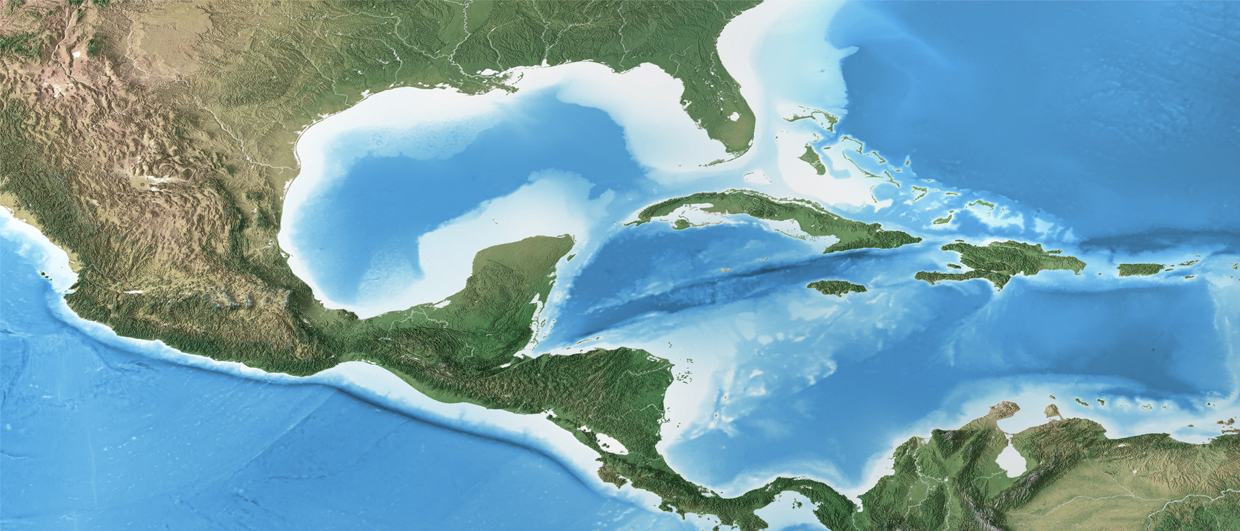In a speech delivered to people at Stanford University in March 2002, then bp chief executive Lord John Browne declared that his company needed to reinvent the energy business. “We need to go beyond petroleum”, he said.
The company heavily invested in wind and solar in those years. However, partly due to the costs inherited from the Alaska oil spill in 2006 and the Deepwater Horizon disaster in 2010, it quietly abandoned its renewable energy targets again.
Until Bernard Looney took over the reins from Bob Dudley in 2020.
Whether Looney already had the plan to go “beyond petroleum” in the months leading up to his takeover in February 2020 is unknown to me, but certainly, the start of the pandemic must have given him and his team a huge push to launch a new strategy along the lines of what Lord Brown had done almost twenty years earlier.
And now, “BP’s’ New Renewables Push Has Teeth”, wrote Forbes magazine in August 2020. Amongst major investments in wind, solar and battery storage, the company also pledged to cease exploration activities in countries where it did not already have some upstream activities.
The company reduced its exploration workforce by a staggering 75%
We already know that the teeth were weaker than Forbes led us to believe in 2020. The new chairman of bp, Murray Auchincloss, has been backtracking on his companies’ renewable energy strategy with a refocus back towards oil and gas.
But, I was not aware how severe the cuts in exploration geoscience were, back in 2020.
The company reduced its exploration workforce by a staggering 75%. In line with the new strategy, it also withdrew from many countries where it had exploration licences, notably in West Africa.
For those who survived the cuts, it must have been a bizarre chain of events. The company is hiring into exploration again, and is also back on the exploration stage, looking for new grounds to explore, amongst others in West Africa…
It begs the question, when is the next cycle of investment in renewables kicking in at the expense of bp’ oil business? As everything seems to go at a faster pace today than back in the early 2000’s, my guess is that it will be closer to 2030, possibly on the back of a public and political backlash on having failed on its original 2030 promises when it comes to energy diversification.




